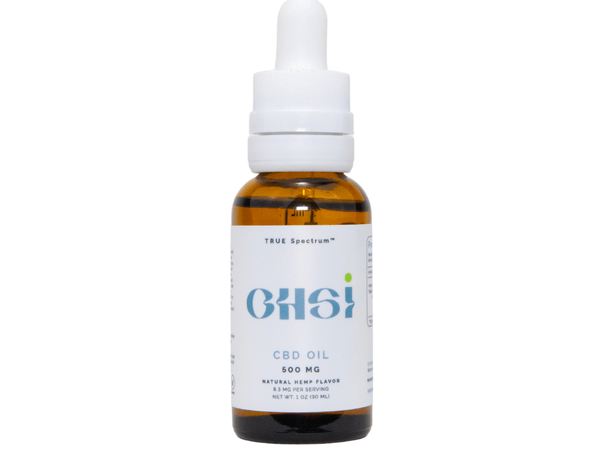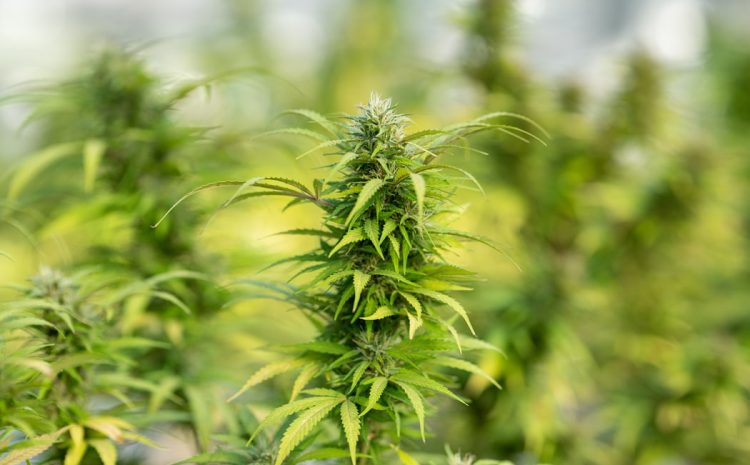When Not to Take CBD
CBD has been a buzzword lately, and many people have come to believe that it is a miracle cure-all that comes with no adverse effects. However, even while this substance may be beneficial in the management of a variety of illnesses and is generally safe, it should not be used by everyone or in every situation. After all, CBD has not been fully studied yet, and science still has a lot to figure out.
You can find many articles online where people wonder if CBD should be used with other medications. For example, this article ponders over whether CBD ingestibles interfere with medications: https://healthsoul.com/blog/do-cbd-ingestibles-interfere-with-medications/. This growing debate shows that knowing when not to use CBD can be as crucial as learning about its potential benefits.
In this article, we’ll cover a list of a few conditions when you should avoid taking CBD – including pregnancy, breastfeeding, and taking some medications. Read on, find out whether any of those apply to you, and don’t hesitate to consult your doctor if you have any doubts about taking CBD. Remember that staying safe is key when taking care of your health.
Don’t Take CBD During Pregnancy and Breastfeeding
First of all, it’s important to mention that research on CBD’s effects on pregnant and breastfeeding women is still in its early stages. There are some animal studies that suggest CBD’s benefits during pregnancy, but more research is needed to determine the risks associated with using this substance during pregnancy and breastfeeding.
The Endocannabinoid System (ECS) is a collection of receptors located throughout the body, with its biggest concentrations in the central nervous system and the immune system. These receptors are activated by cannabinoids from both the body and the outside environment, including CBD, which may be used to treat a variety of conditions – pain, inflammation, insomnia, depression, anxiety, seizures, etc.
However, because of the unknown interactions between CBD and various cannabinoid receptors in pregnant and breastfeeding women, it is not recommended to take this substance in these cases. More research is needed to find out if CBD can have any negative effects on unborn or newborn children. In addition, it should be noted that CBD may cause drowsiness and lethargy, something that may affect a breastfeeding mother’s ability to care for her child properly.

CBD May Cause Adverse Effects When Taken With Certain Medications
Although CBD has been proven safe for most people, it may cause some side effects when taken with certain medications. In particular, those who are taking non-steroidal anti-inflammatory drugs (NSAIDs), including aspirin and ibuprofen, should avoid using CBD products, as this may increase the risk of bleeding and ulcers. Also, taking CBD alongside some antipsychotic drugs, sedatives, steroids, blood thinners, or anticoagulants may increase the risk of serious adverse events and complications. If you’re currently taking any of the mentioned medications, consult your doctor before adding CBD products to your regimen.
CBD May Trigger Side Effects in People Taking Antipsychotic Medications
While antipsychotic drugs may be used to treat serious mental disorders such as schizophrenia and bipolar disorder, these medications can also trigger a number of serious side effects, including weight gain, sleepiness/sedation, headaches, dry mouth, tremors, muscle stiffness/spasms, and more. CBD may cause similar side effects in people taking antipsychotic drugs – however, it has been shown to reduce those caused by antipsychotics themselves. Still, if you’re taking antipsychotic medications and you want to experiment with CBD, make sure to talk to your doctor first.
CBD May Interact With SSRIs and Triptans
SSRIs are antidepressants used to treat severe cases of major depression and anxiety, while triptans are used to prevent migraines. Both medications work by boosting serotonin levels in the brain – unfortunately, they do so by increasing serotonin reuptake rates even further than normal serotonin levels would allow for. It is thought that CBD may interact with SSRIs and triptans by increasing serotonin reuptake rates even further – causing an increase in symptoms that can include dizziness, nausea, vomiting, diarrhea, constipation, and more.
CBD May Interact With Anticoagulants and Increase the Risk of Bleeding
CBD has not shown to have any negative effects on blood clotting – in fact, a few studies showed that CBD may reduce the risk of heart attack by reducing blood pressure and improved blood flow. However, taking CBD alongside anticoagulants or antiplatelet medications may increase the risk of bleeding. If you’re currently taking anticoagulants, always talk to your doctor before adding CBD to your treatment plan.
Conclusion
CBD is a relatively safe substance that has been shown to have a number of health benefits, including pain management, reducing inflammation, and treating various mental disorders. Most people who use CBD do not experience any serious side effects. However, in some cases, it may cause drowsiness and lethargy and, in rare cases, serious adverse events such as liver damage and increased bleeding. Thus, CBD should not be used by everyone or in every case, which is why it is important to consult your doctor before taking this supplement.
If you’re currently taking some medications or dietary supplements that may interact with CBD, speak with your doctor before adding CBD to your treatment plan. If you’re pregnant or breastfeeding, avoid using this substance. In general, you should take CBD only if it is recommended by a qualified healthcare professional. visit us :https://laurakatelucas.com/2021/11/04/chronic-stress/



